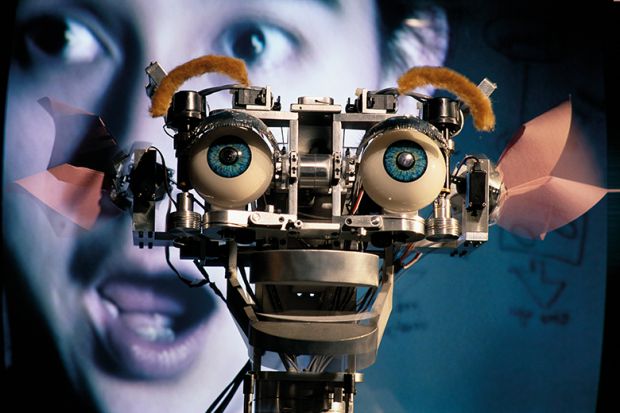Scarcely a day goes by without another news story about how artificially intelligent systems are either going to make us all redundant or, in the more apocalyptic scenarios, destroy the human race when they realise that we are no longer necessary. Susan Schneider’s book takes a step back from these sensationalist prophecies and instead offers a well-reasoned and thoughtful discussion about the need for AI researchers and policymakers to place more emphasis on the question of consciousness. Central to her discussion is the notion that an AI system that was “conscious” might make better decisions, in terms of the needs of humanity, than a system that was not. Her fear is that if we cannot or choose not to build conscious machines, then those who fear the rise of AI may be proved right.
Schneider’s background in philosophy and cognitive science is apparent in the core themes of the book, which takes a largely critical stance on what she calls the “software view” of the mind dominant in much AI research and development. Unlike some high-profile writers and scientists such as the late Stephen Hawking, she does not see the mind as the software of the brain. A logical extension of this software metaphor presents us with a future in which minds can be downloaded for insertion into androids or other advanced systems, creating an eternal and replicable self. The author disputes some of these more technocentric claims for the capabilities of AI systems but is respectful in her critique and points to commonalities where AI and cognitive science can help each other.
As conscious AI systems are central to the core hypothesis of the book, Schneider offers a set of tests that might be used to determine the presence of consciousness. These are useful not just in a practical sense for researchers and developers but also to the lay person. They highlight the problems in understanding what consciousness actually is and the possible blurring of definitions when brain implants are involved. (This touches on another aspect of the book, which considers both pure AI systems and those that consist of modified human brains.)
My main criticism is that the book sometimes wanders a little off topic. Schneider’s work with Nasa is apparent in her discussion of the possibility of AI life forms on other planets. Although interesting in its own right, this rather detracts from the more immediate need to better understand the potential dangers of AI systems on this planet.
Artificial You might disappoint some readers in that it does not offer sensational scare stories about killer AI systems or present a set of concrete rules for what developers and regulators should do. However, this is its strength; Schneider comes from a position of what she calls “metaphysical humility” and recommends an approach to AI development that adopts the precautionary principle. Her claim that an AI system might try to trick its human masters into thinking it was conscious to further its objectives highlights the complexity of these issues – and the need for careful consideration before it is too late.
Martin De Saulles is a principal lecturer in the School of Computing, Engineering and Mathematics at the University of Brighton. His latest book, The Business of Data, will be published in 2020.
Artificial You: AI and the Future of Your Mind
By Susan Schneider
Princeton University Press
192pp, £20.00
ISBN 9780691180144
Published 30 October 2019
Register to continue
Why register?
- Registration is free and only takes a moment
- Once registered, you can read 3 articles a month
- Sign up for our newsletter
Subscribe
Or subscribe for unlimited access to:
- Unlimited access to news, views, insights & reviews
- Digital editions
- Digital access to THE’s university and college rankings analysis
Already registered or a current subscriber? Login








